For most of us, getting sufficient sleep every day is a dream coming true!
Be it work, study, anxiety or worries, many things keep us up at night and make us feel exhausted during the day.
It is recommended that a normal functioning adult should get at least 7 hours of sleep in a day. Though getting less amount of sleep once in a while may not be that harmful for your health, but consistent lack of sleep may cause sleep deprivation. The long term effects of sleep deprivation may be reflected on our physical as well as mental health.
If you find yourself wide awake and tossing and turning at night for many nights in a row, you may be suffering from sleep deprivation. As a result of this, you may feel tired and moody the entire day. It may also result in the following complications–
Weight gain
Sleep deprivation is a major cause of unhealthy weight gain. Our body burns calories during sleep by the process of metabolism. By getting a good night’s sleep, you can burn the excess calories that you have gained throughout the day! During the REM (Rapid Eye Movement) stage of sleep, all the excess glucose is metabolized, thus increasing the rate of metabolism. If you are not getting enough sleep, metabolism does not take place. As a result, you gain weight. Lack of sleep also reduces your energy to exercise during the day, and thus increases the risk of obesity.
Immunity
Lack of sleep also affects your immune system too. While you are sleeping, your immune system produces antibodies which provide you the ultimate protection against harmful pathogens. If you are sleep deprived, your body won’t be getting enough time to produce these protective antibodies, and this in turn will make you fall sick more often, and will make recovery difficult. It may also give rise to several other chronic disease like diabetes and even affect your heart health.
High Blood Pressure
The blood pressure reduces while you are sleeping normally. If you don’t get proper sleep, your blood pressure remains high for a longer amount of time. This may result in serious conditions like heart diseases and strokes. Insomnia causes increased heart rate which stresses your heart.
Hormonal problems
Mostly in adolescents, sleep deprivation causes in reduction in secretion of hormones like growth hormones, which affect normal growth of the body. This may result in stunted growth, being underweight, and would result in slower healing of wounds.
Indigestion
Lack of sleep causes indigestion and results in feeling bloated all day long. It may also cause loss of appetite, weakness of the body, troubles in bowel movements like diarrhea or constipation, heart burn, and other digestive problems.
Mood swings
Lack of sleep makes you suffer from mood swings, feeling irritated at minor problems, feeling of anxiety, depression, and affect your mental health in a severe way. It may also give rise to suicidal thoughts and actions. If sleep deprivation goes on for long, a serious condition called ‘micro sleep’ is developed, where you fall asleep without realizing it. This can be very dangerous and life threatening as it often results in fatal accidents, especially if you are driving or on road.
Respiratory problems
If you are already a patient of respiratory diseases, lack of sleep may increase the intensity of these. A curable disease may turn into a chronic one. Chronic lung diseases can result from lack of enough sleep. Minor health issues like flu and common cold may also occur due to reduced immunity.
Skin problems
Sleep deprivation prevents our skin to repair itself. The skin heals wounds and repairs itself while we are sleeping. Insomnia may also result in skin break outs and acne, inflammation and damage, eczema, allergies, and affects the hydration and texture of our skin. Sleeping can make your skin look younger by rebuilding of collagen tissues and reducing wrinkles and spots.
Now that we know how sleep deprivation affects our health, let's know the causes of sleep deprivation.
- Sleep disorders – Health issues like sleep apnea and insomnia, breathing difficulties, waking up often during nights.
- Mental health – Depression, anxiety, tension and stress, schizophrenia, bipolar disorder may keep you awake at night.
- Drug abuse – Drug and alcohol abuse result in lack of sleep.
- Excess intake of caffeine – Excessive use of caffeine products like tea and coffee, chocolates and other cocoa rich compounds just before bed or throughout the day may increase your excitement and thereby reduce your urge to sleep.
- Excessive technology use – Using electronic gadgets just before bedtime severely affects your sleep and strains your eyes, resulting in bad vision.
- Work shifts – Job requirements and exam pressures may require students and working professionals to stay awake till late. In case this becomes a routine, it may affect sleep at even a later stage in life.
- Naps during the day – Taking short naps during the daytime reduces sleepiness during the night, keeping you wide awake.
- Lack of exercise – Lack of exercise and less physical activities make you lose sleep at night.
- Smoking – Excessive smoking and nicotine intake results in sleep deprivation.
There may also be a number of other reasons that result in sleep deprivation
Let us now look at how to maintain a proper sleep schedule –
- Avoid electronic gadgets at least 30 minutes before going to bed.
- Finish meal at least before 2 hours of bed time.
- Avoid daytime naps and increase your length of sleep at night.
- If your job permits, avoid working till late at night.
- Avoid caffeine products before bedtime, have less quantity of caffeine during the day.
- Exercise regularly in the daytime, avoid exercising in the evening.
- Avoid tobacco use, alcohol intake and drug misuse.
- Make your bed comfortable for you to sleep in.
- Sleep in cool, quiet and comfortable room.
- Avoid night lamps and lights that may interfere with your sleep.
Now you know more about sleep deprivation and how to prevent it. Go on and try it today!
Speak to our expert counselors if you need expert opinion in this regard.
Stay Home, Stay Safe!!!
#sleeps #insomnia #sleepdeprivation #lackofsleep #caffeineuse #caffeine #sleepapnea #sleepdisorders #sleepquality #sleepquantity #health #healthcare #clinqon_india


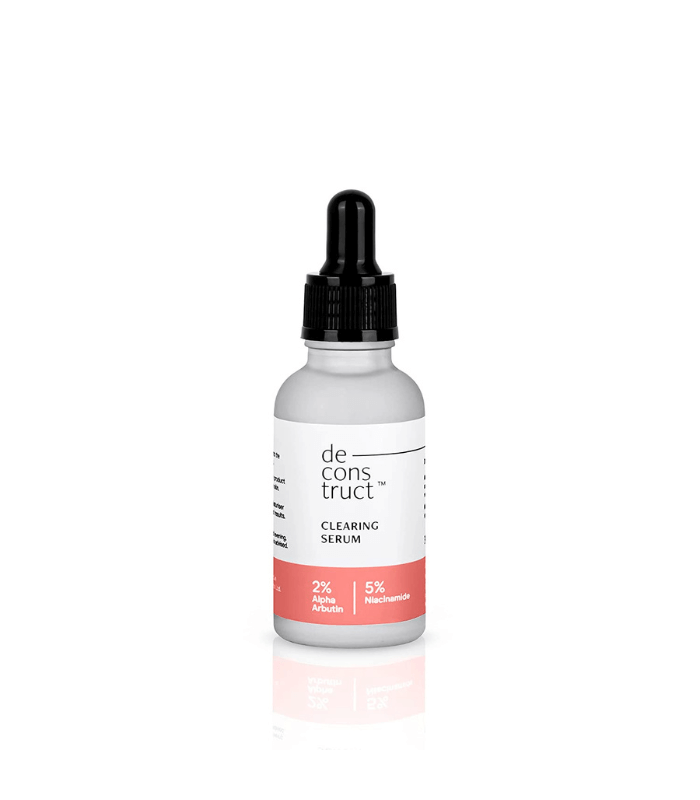



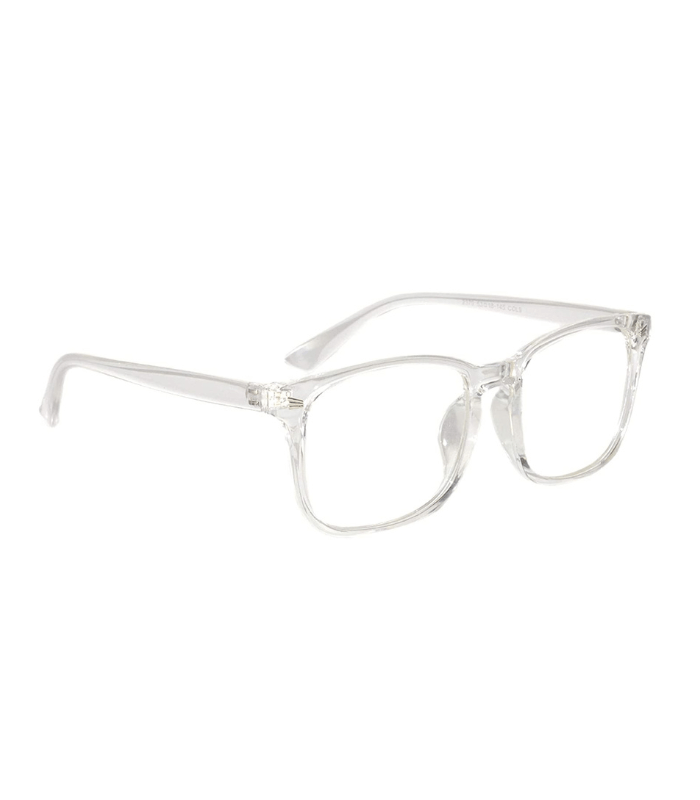





































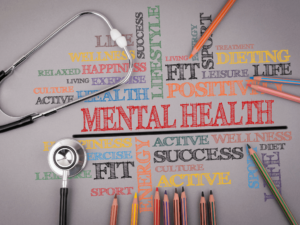
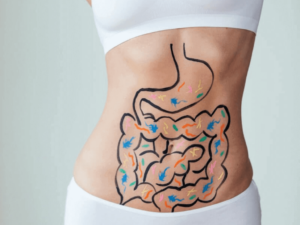

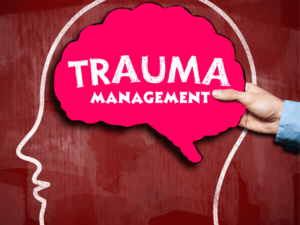
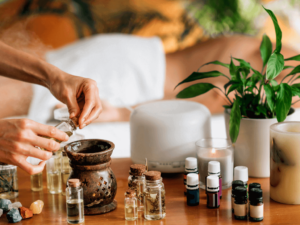
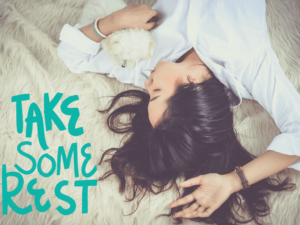



















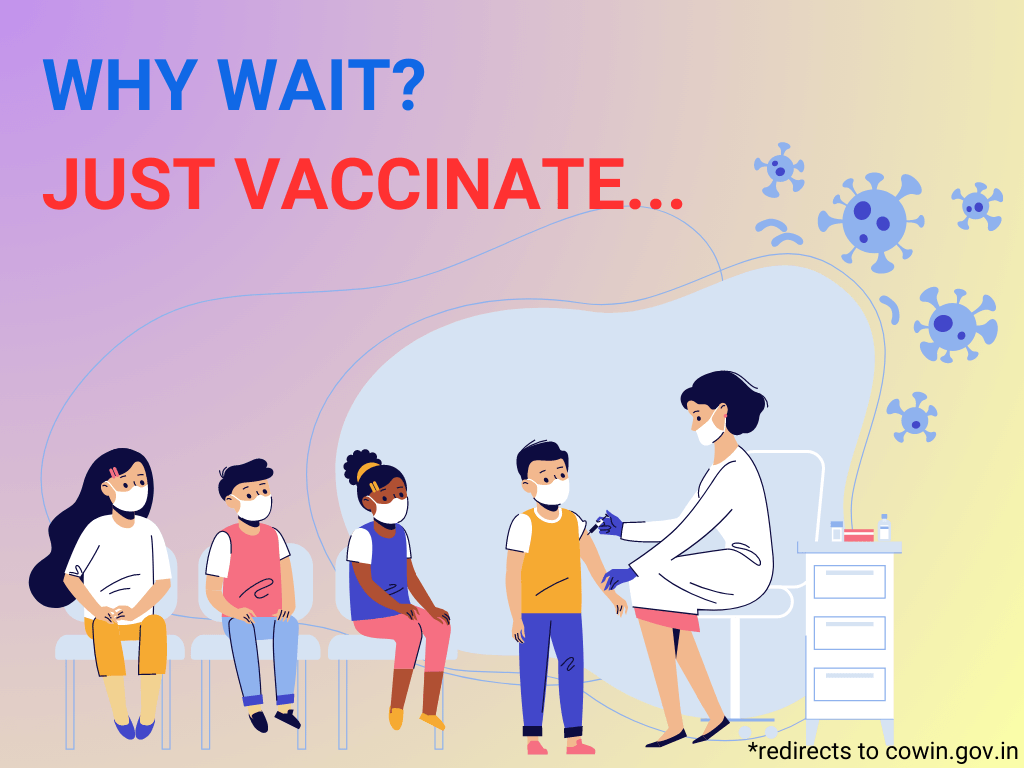

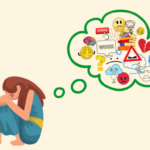


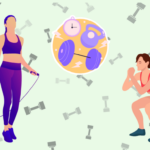
such a good read!
Interesting…. Wow!
Explained so well!!
Great, informative blog!
Very informative blog. Will definitely try some of the tips.
Informative article.??
Thanks so much, you’ve given me some really helpful ideas that I want to try.
Very useful tips! Thanks!
Lovely!
Good read?
Very informative ?
???
Very much helpful.
Great tips!!
Great article!
for someone with a really turbulent sleep schedule like me, this was not only eye opening but also enlightening
thanks for the great read!
Informative ?
Very informative !!
So informative and eye opening! I definitely need to change my sleeping habits!
Very informative
Well explained??
Nicely done
Great
Very true. Nicely put. Well framed content. Thank you for writing this article. Very informative.
Very informative
Great Article. I agree 100% with the view points. Sleep is one of the most important aspects for maintaining a healthy life. As Robert A. Heinlein has said, “Happiness consists of getting enough sleep. Just that, nothing more.”
Very helpful ?
Nice article. It was a great read. Will definitely implement some tips.
??
Very informative
Very informative and helpful for people who are dealing with sleep issues.
Very well explained ??
great content
Very informative nicely explained
A proper sleep schedule is necessary for a healthy lifestyle. A very educative article! ?
A very insightful read and specially a very important message in the present day and age.
Indeed a well explained article. It is important to understand the need for a proper sleep schedule to function properly for the entire day. An educative article!?
This was a much needed reminder. With WFH becoming the new normal, most of the people’s sleep cycle has been messed up. Thank you for the article.
It is very important to have a proper sleep schedule in order to function properly for the entire day. A very educative article giving insights to the people suffering from sleep disorders.
Very thorough and insightful article !!
Thanks for such a great information.
Very helpful and nicely directed through the blogs .would love to read more blogs .